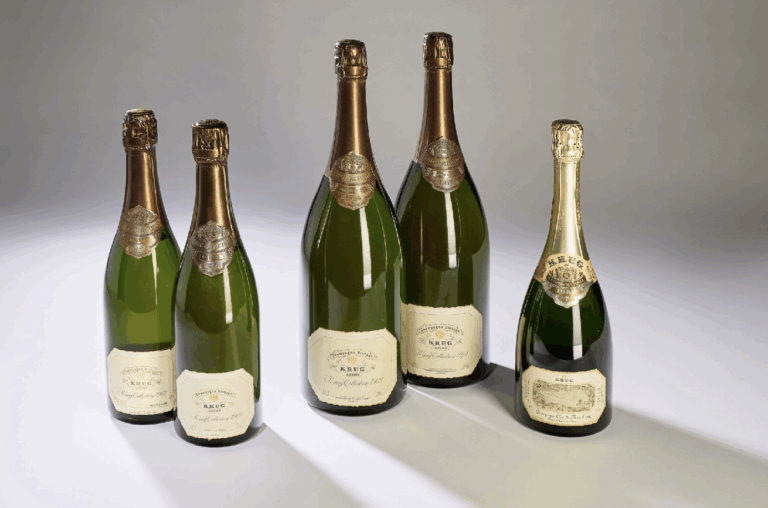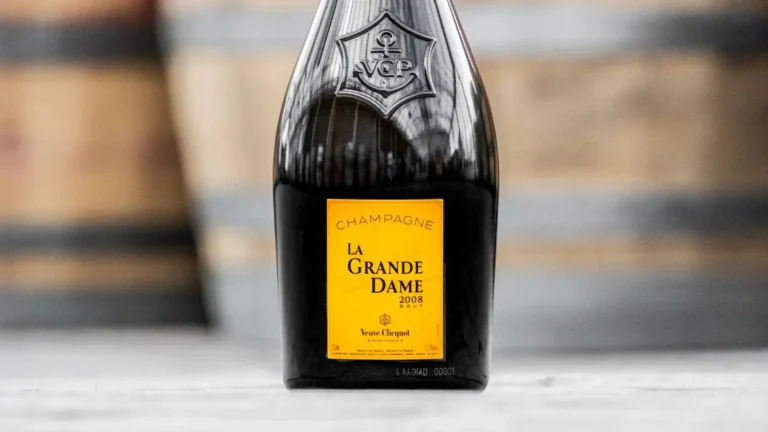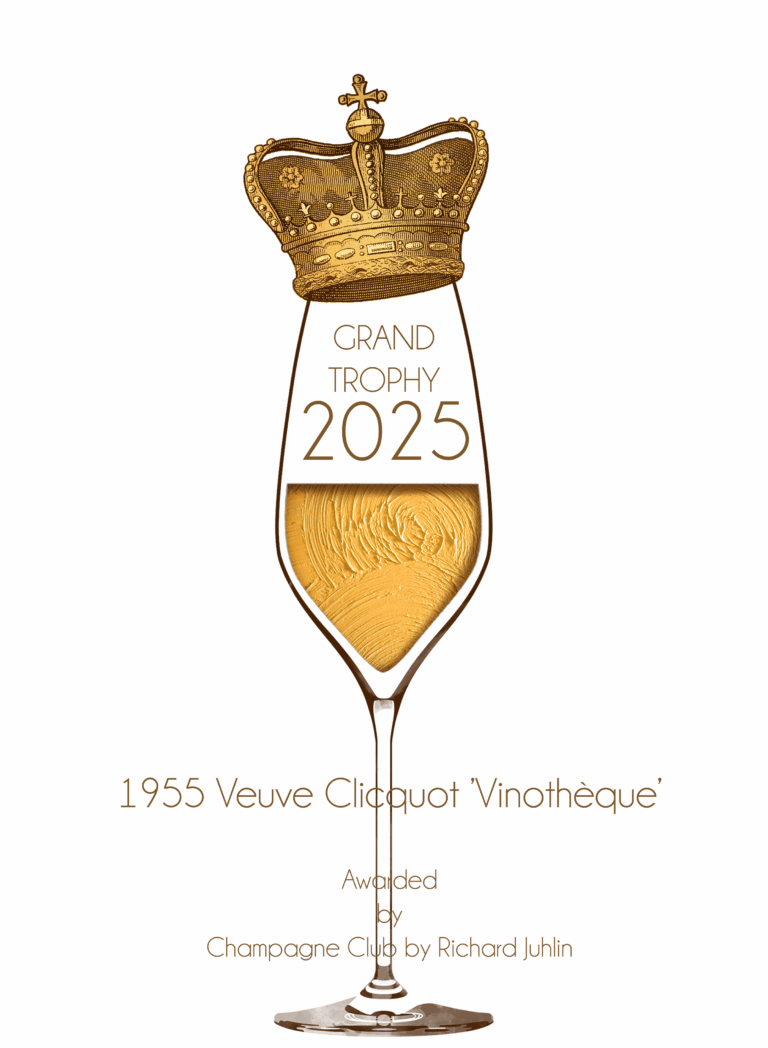TheChampagneSommelier reflects on Champagne & Perfection. [ read the full champagne story ]
Estimated reading time: 5 minutes

The main question …
There is a question that hangs in the air at a certain type of dinner party, usually after the second bottle has been drained and the intellectual ambition of the table begins to outstrip its sobriety.
“So,” someone will ask, leaning forward with a conspiratorial air, “what is the perfect way to enjoy Champagne?”

It is a question loaded with a particular kind of bourgeois anxiety, the fear of getting it wrong. The person asking is not really seeking an answer. They are seeking a formula, a golden ticket to an experience they’ve seen in a magazine. They are picturing a scene so flawless it looks like an advert for a Swiss watch or a new antidepressant: the sun setting over a placid sea, the gentle lapping of waves against the hull of a yacht, a ridiculously beautiful companion laughing soundlessly, and a single, perfectly chilled, condensation-beaded flute held in a steady, manicured hand.
This image, this relentless pursuit of the “perfect moment,” is the single greatest enemy of pleasure. It is a mirage, a fantasy, a tyranny of the ideal. And the surest way to ruin a perfectly good glass of wine is to demand that it, and the moment you drink it in, be perfect.
Let us dissect this phantom of perfection, shall we? Let’s pull its constituent parts apart and see how flimsy they really are.
First, the setting
The myth dictates it must be aspirational. A balcony overlooking Lake Como. A box at the opera. A private jet. This is, of course, nonsense. The pressure of a grand setting often renders the experience sterile, forcing the wine to compete with the view. In truth, the most profound Champagne experiences are rarely staged. They are ambushes of joy. That bottle of non-vintage Pol Roger you shared with fish and chips out of a greasy paper wrapper on a miserable, windswept Brighton pier tastes more real, more vital, than any perfectly served Krug in a soulless five-star hotel. The greatest Champagne moment is born of spontaneity, not orchestration.
Then there is the hardware
The great, tedious debate over the vessel. The flute, they say, preserves the bubbles but strangles the aroma. The coupe, a disaster of engineering beloved by Gatsby impersonators, allows the soul of the wine to escape almost immediately. The white wine glass, the technically correct but passionless choice of the professional. We obsess over the chalice and forget the holy spirit within. A truly great Champagne, a wine with a story to tell, will make itself heard even if you drink it from a chipped coffee mug. The vessel is a footnote, not the headline.
And the temperature …
“Ice-cold,” the philistines cry. To serve a complex, mature vintage Champagne at two degrees Celsius is a form of vandalism. It is like listening to a symphony with earmuffs on. You blunt its nuances, you numb its voice. Yes, it must be chilled—coolness is the launchpad for its brilliance—but a great wine needs to breathe, to relax, to warm ever so slightly in the glass and reveal its hidden layers. Perfection is not a number on a thermometer; it is a conversation, and you can’t have one with someone who is numb from the cold.
So, if the perfect setting, the perfect glass, and the perfect temperature are all red herrings, where does that leave us?
It leaves us in the beautiful, messy, unpredictable chaos of real life. The true magic of Champagne is not its ability to perfect a moment, but its ability to elevate an imperfect one. The “potentially perfect” is found not in the ideal, but in the authentic.
It is the bottle of Salon opened at three in the morning, sitting on a cold kitchen floor after the party guests have finally left, sharing it with the one person who stayed to help you clean up. It is the modest grower Champagne used to toast a finalized divorce, a moment not of joy, perhaps, but of profound, unadulterated relief. It is the bottle of Cristal you swore you’d save for a special occasion, opened on a random Tuesday because the day was just too grim to bear without a flash of defiant luxury.
These are the moments that matter. They are flawed, emotional, and deeply human.
TheChampagneSommelier
The Champagne is not the star of the show; it is the sublime soundtrack …
The liquid exclamation mark to the gorgeous, inconvenient business of being alive. The key to it all lies in that one word: potential. The most perfect moment is the one just before the first sip. It is the sigh of the cork being eased from the bottle, a sound pregnant with possibility. In that moment, before it has been judged, paired, or poured, the wine is perfect. Everything that follows is simply life.
So, the perfect way to enjoy Champagne is to stop trying. Banish the fantasies. Open the good bottle on a Wednesday. Use the wrong glass. Drink it with the wrong food. The wine will forgive you. It is, after all, just a drink. A magnificent, life-affirming, transcendent drink, but a drink nonetheless. Perfection is a bore. The real joy is in the beautiful imperfection of it all.
PS
Is this a satirical challenge to the concept of Champagne Hiking ? [ read about teh concept here. ]






